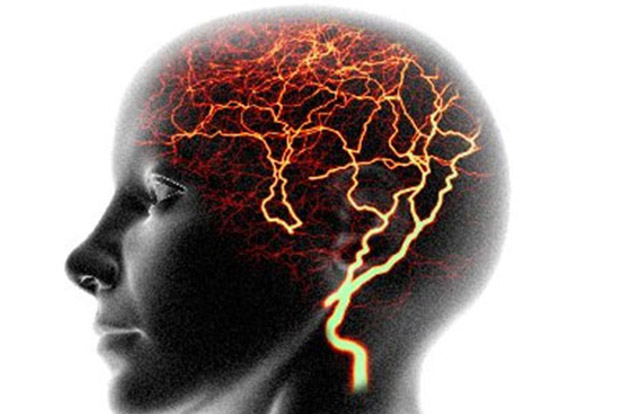Epilepsy and Surgery
Apr 19, 2022
After a lot of thought, Mr Subhash has finally made up his mind to go under the knife to treat the most common neurological disease in the world – Epilepsy. Mr Subhash has been suffering from Epilepsy from the age of 15. “Initially the thought of going for a surgery was scary, however the pre surgery counseling has calmed by nerves. I can now see a possibility beyond my condition,” says Subhash beaming.
Surgery for Epilepsy:
Surgical treatment for Epilepsy is not a new development; however the fact remains that how many shall opt for the same. Majority of the patients are unaware of their disease, the other resort to drugs and medication and the most unfortunate chose to go after quacks to treat Epilepsy widely taken as a devil’s disease.

Characterized by recurrent unprovoked seizures, Epilepsy is often a sacred disease of the demon- in many ways it is still a closet ailment in India. The myths and superstitions surrounding Epilepsy, together with the social and cultural stigma attached to the disease make Epilepsy as a major challenge.
According to the World Health Organization (WHO), there are approximately 8 – 10 million people suffering from Epilepsy in India. Over 30% have seizure control, even with the best available medication. Despite this most people like to live with the chronic neurological disease instead of opting for surgery.
When to opt for Epilepsy Surgery:
According to Dr (Prof) VS Mehta, Padamshree, “If a patient doesn’t respond to drugs and is diagnosed with medically intractable epilepsy, he needs to be evaluated for surgery immediately. There’s no point in delaying the treatment. However we need to know that surgery is not for everyone. The patient has to go through in depth evaluation. Tests like video – EEG and MRI Scan are conducted to identify the cause and type of Epilepsy, followed by extensive neurological tests.”
Epilepsy cannot be controlled in the real sense of term. According to the Indian Epilepsy Association, in about 70-80% of the cases, seizures can be totally controlled with the help of antiepileptic drugs (AEDs). Incidentally the word ‘epileptic’ is no longer used and is politically stated as – Persons with Epilepsy (PEW). The treatment for PEW starts with a single drug (monotherapy) and if the seizures fail to come under control, polytherapy is recommended – the patient is put on two or more AED’s. Post this surgery is the only solution left.
Epilepsy Surgery: Success Rate
The success rate of the Epilepsy surgeries has been close to 80-90% in the cases of mesial temporal sclerosis and temporal lobe surgeries and 60-70% in patients with extratemporal lesions. The cost of the surgery is not a major deterrent. The estimated cost is cheaper than a cardiac surgery and is provided by select premier hospitals in the country.
Just as Subhash is being wheeled in the OT he smiles and assures us all of a new him coming out to chat with him soon.



